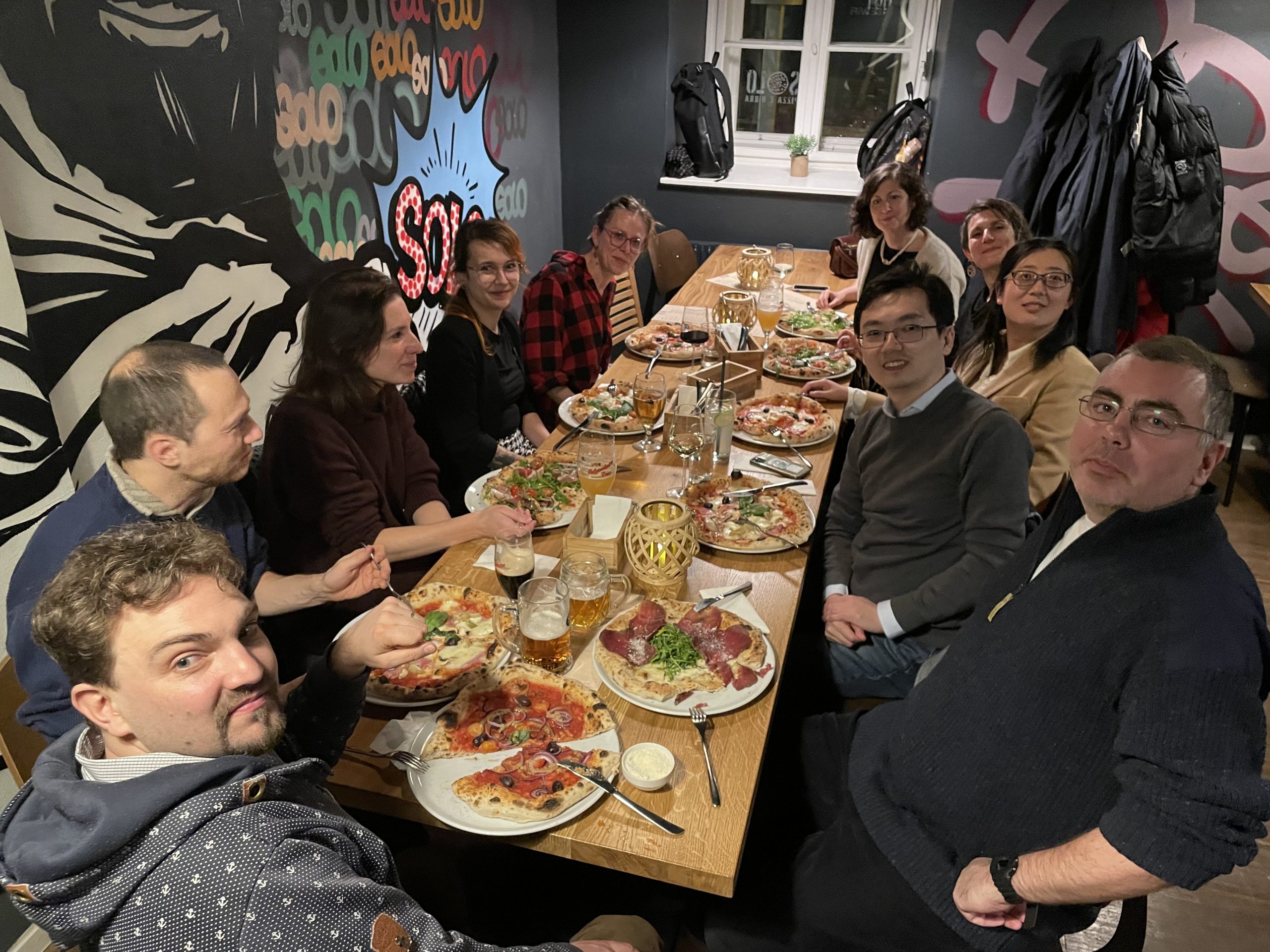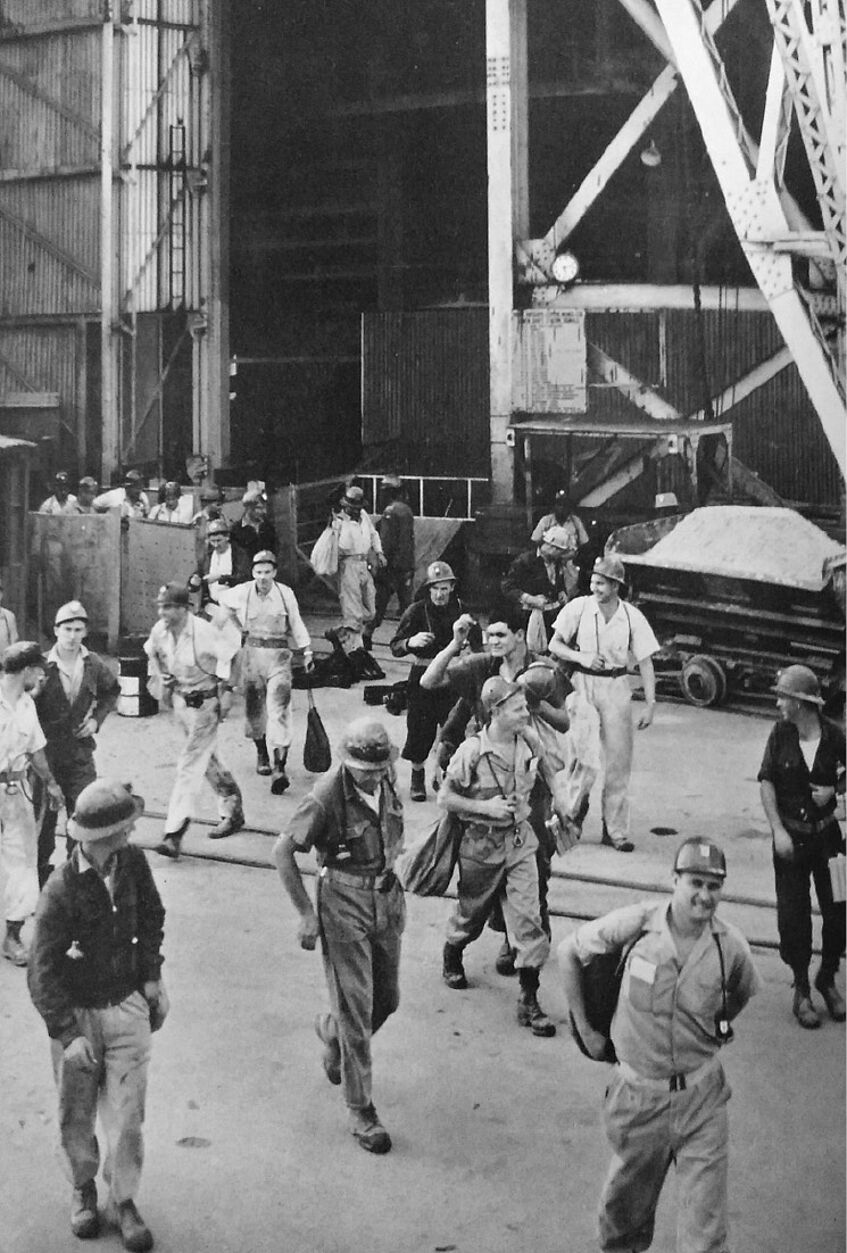
Koper, Slovenia, 19-20 September 2024
Governments in Africa, Asia and South America, most of which achieved political independence in the decades following World War Two, forged a whole set of transnational developmental entanglements, with the aim of breaking with the unidirectionality of development thinking and practice that underpinned (neo)colonial dependencies and capital-led globalization. In the context of contending global visions of modernity, ‘lagging behind’ could be turned into an advantage, with newly independent countries evaluating and employing resources from various partners. In recent years, scholars have opened exciting new vistas for theorizing such alternative spaces of globalization, by highlighting cooperation in the frames of communist support for decolonization, socialist internationalism, and horizontal links between postcolonial states. Popularized by authors such as Łukasz Stanek and Adom Getachew, the concept of worldmaking has proven particularly fruitful to encompass the wealth of simultaneous and often competing practices of transnational collaboration in the peripheries during the Cold War.
Seeking to move beyond a focus on former colonial Metropoles and Cold War superpowers, and zooming in on peripheral modernization projects, this conference intends to investigate the ‘in-between’ instances of economic cooperation in the self-professed developing countries in Africa, Asia, and South America. The conference will primarily focus on those dynamic players in the postcolonial world which circumvented the habitual East-West and North-South cleavages and presented themselves as: 1) neutral (e.g. Austria, Sweden, Ireland), 2) non-aligned (e.g. Yugoslavia, India, Egypt), 3) pursuing more independent socialist course (e.g. Romania, Cuba, China), 4) allegedly not sharing the colonial past with other Western European nations (e.g. West Germany, Italy), or 5) successfully ‘catching up’ with the most developed nations (e.g. Japan, Israel, South Korea). While not excluding examples of Cold War superpowers and former colonial metropoles’ inserting themselves into this newly emerging multidirectional development consensus the conference will focus on the above described, liminal examples of bilateral collaboration and particularly welcomes contributions emphasizing tri- and multilateral efforts between ‘East’, ‘South’ and ‘West’.
We further aim to advance the state of the art in the field by inspecting how the visions of worldmaking were applied to the concrete experiences on the ground. The bulk of research looking at economic worldmaking in the Global South thus far focused on instances of collaborations in architecture and civil engineering, such as housing stock, dams, steelworks, etc. Although illuminating expert mobility and transfer of know-how, the joint work on such turnkey projects was usually of relatively short duration while their market position of natural monopolies often implied predictable economic and social impact. Moving beyond a focus on large-scale infrastructure projects, the conference encourages papers stemming from new empirically informed research on more sustained, uncertain and consumer-oriented transnational cooperation in manufacturing, agriculture, mining, transport, etc. We want to illustrate unconventional attempts of converging national economies through long-term technological cooperation operationalised in the form of joint-ventures with (para)statal companies, shared production, or joint export schemes, independently from the dominant multinational companies.
The conference seeks to bring together scholars of business, development, social and economic history tackling topics such as:
- The role of international organizations (e.g. UNCTAD) in sustaining the business of peripheral worldmaking with credit, political networking, knowledge production, etc.
- Forms of ownership (state, private, cooperatives) of the newfound companies in the Global South and their models of investment, profit-sharing and decision-making.
- Challenging the conventional corporate management and business cultures through emphasis on workers’ training, workers participation, political education, changing gender roles in the workplace, etc.
- Reconciling economic self-reliance with integration, trade balances and debt in the world market, as well as addressing the persisting structural inequalities in exchange.
- The (multidirectional) transfer of knowledge as well as the (interconnected) mobility of people, goods, and ideas along lesser-known paths.
- The agency and interaction of different actors involved in these projects: experts/workers and their family members, state representatives, journalists, interpreters, scholars, etc.
- Reflections on methodology, approaches, and sources (e. g. party and company archives, etc.) when researching these liminal contacts.
The conference is jointly organized by the University of Vienna – Research Platform for the Study of Transformations and Eastern Europe and Science and Research Centre Koper within the framework of their respective research projects ‘A Socialist Workplace in Postcolonial Africa: A Connected History of The Yugoslav Workforce in Zambia’ (FWF, P34980) and ‘Being European and Decolonial: Utopian Realism of The Yugoslav Nonaligned Internationalism’ (ARIS, J6-50187).
The conference will be held in the Northern Adriatic town of Koper, in the recently renovated Gothic palace ‘Tiepolo-Gravisi,’ premises of the Science and Research Centre Koper’s Centre of Humanities. Koper is an apt location for discussions of worldmaking in the postcolonial era. Situated just across the border of Trieste, Italy, it remained in the shadow of the most important seaport of the Habsburg Empire for almost the entire modern era. Yet, in the aftermath of World War Two, Koper with its new port became one of the most important commerce hubs that connected non-aligned Yugoslavia with the world. Today, this university town is also well connected with its hinterland and within two hours’ drive, it is easily reachable from the international airports in Venice, Trieste, and Ljubljana.
Given the topic of the conference, applications are particularly encouraged from scholars based in the Global South in both in-person and hybrid forms. Limited funding is available to offset the costs of travel for those without adequate institutional support. Accommodation in Koper will be provided by the organizers.
We invite scholars to send abstracts (250-500 words) and a short biographical statement to businessofworldmaking@gmail.com by 29 April 2024. Selected presenters will be informed by 29 May 2024. The working language of the conference is English.
Conference Programme Committee: Goran Musić (University of Vienna), Jure Ramšak (Science and Research Centre Koper), Immanuel Harisch (University of Vienna), Anna Calori (University of Glasgow) and Rory Archer (University of Vienna).












